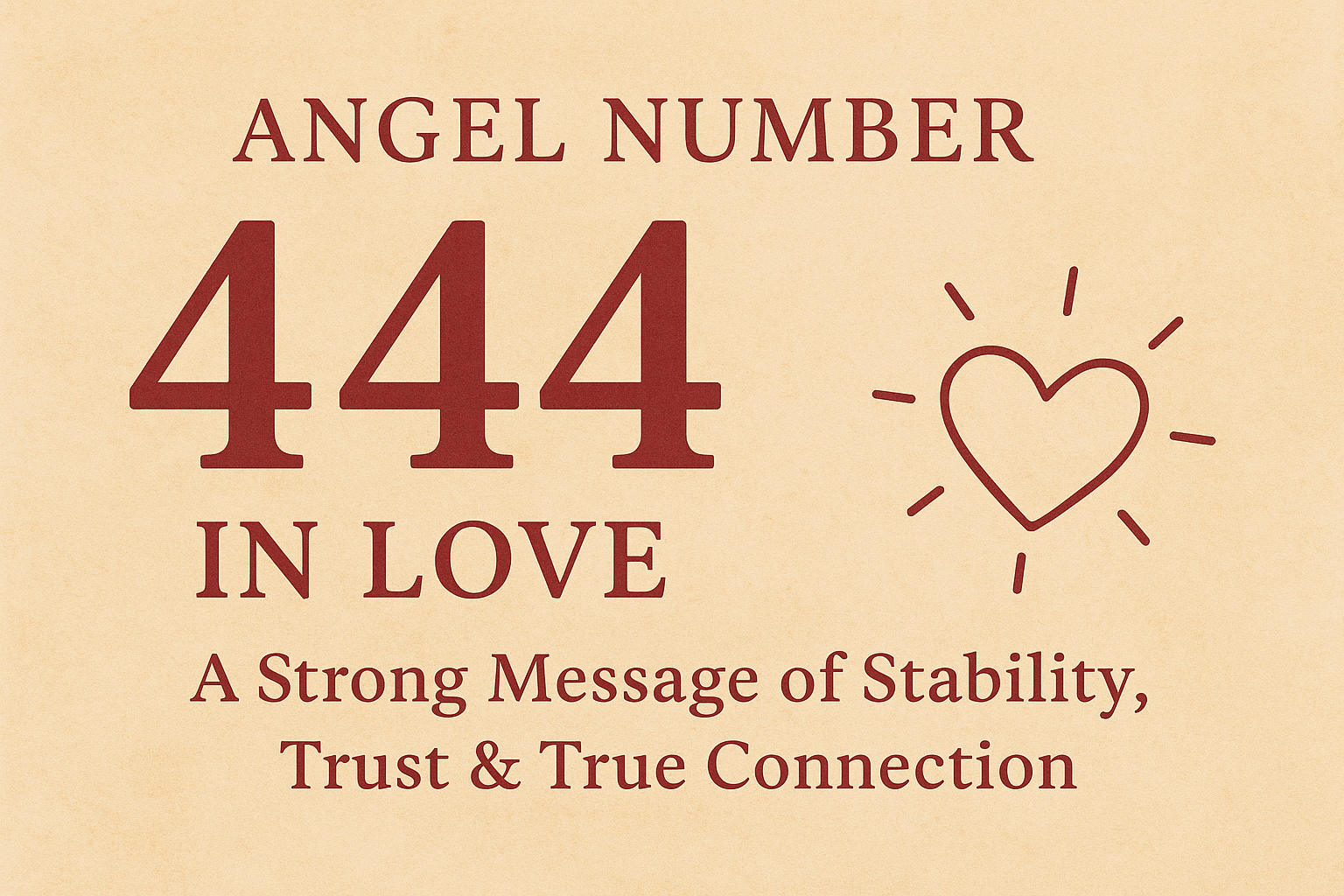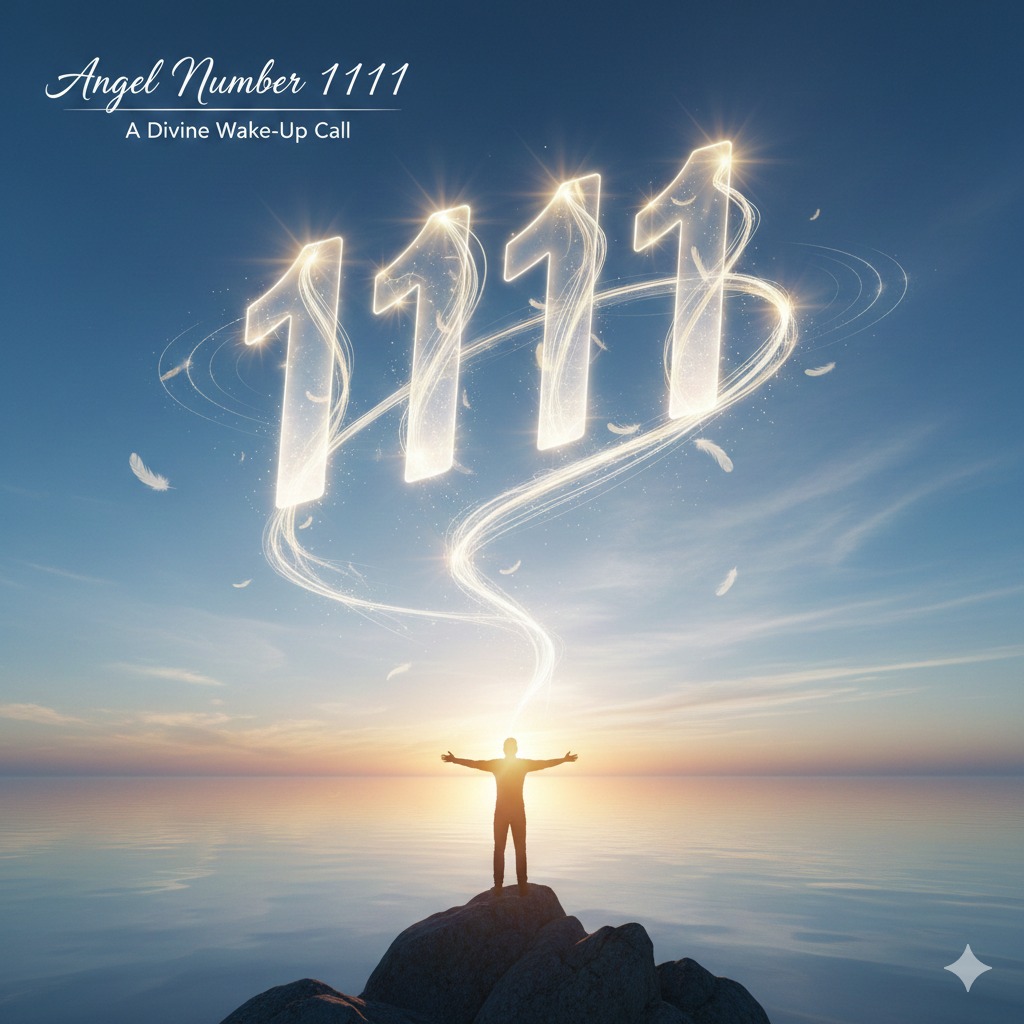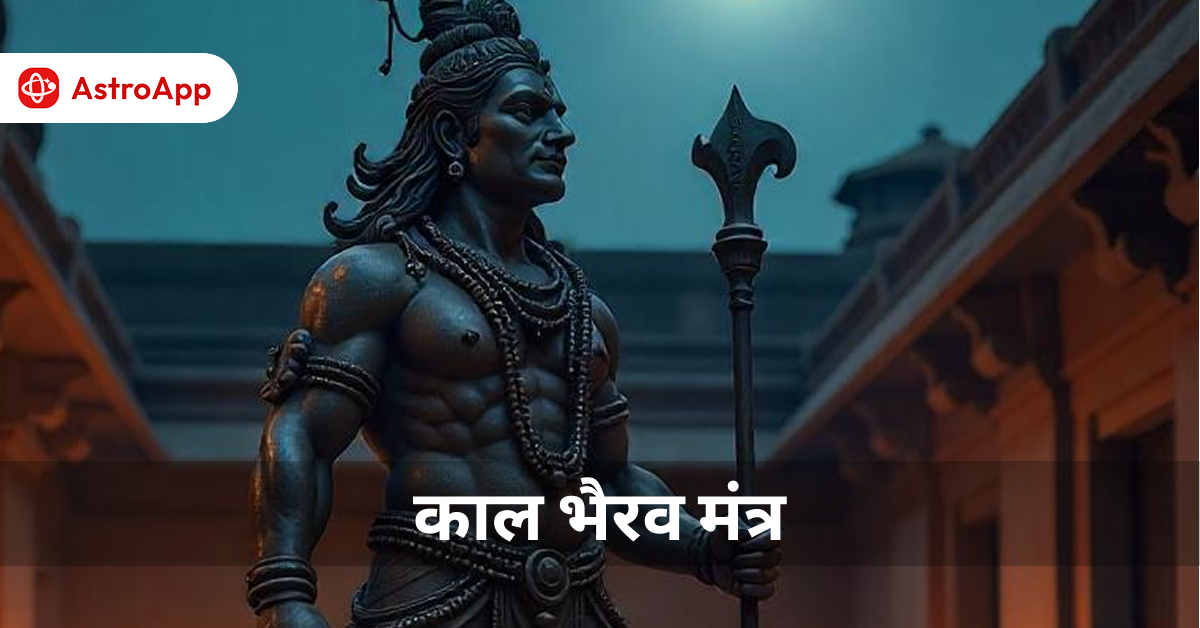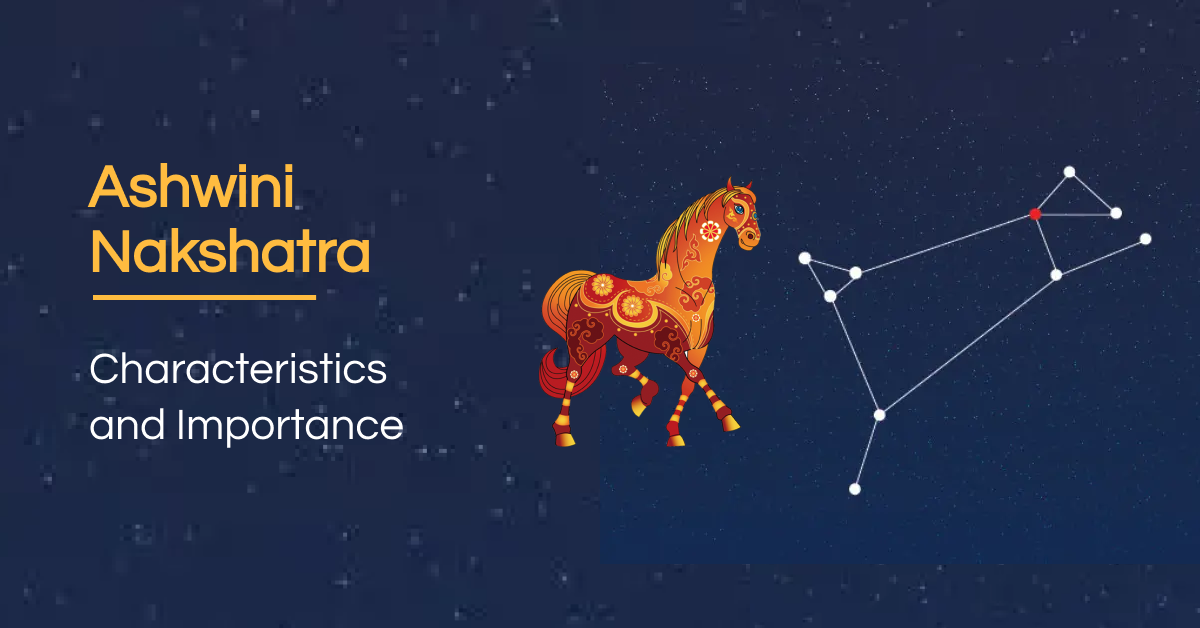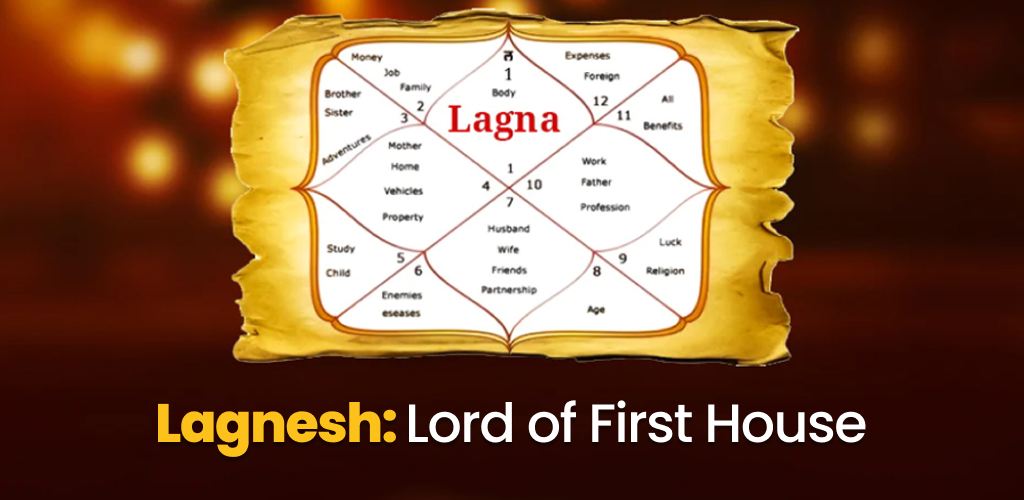Posted inUncategorized
Celebrities Whose Luck Will Change in December 2025 (Astrology Predictions)
December 2025 is not just a year-end month — astrologers believe it’s a cosmic turning point for many famous personalities. Powerful planetary shifts like Jupiter retrograde, Mars transits, and rare…
